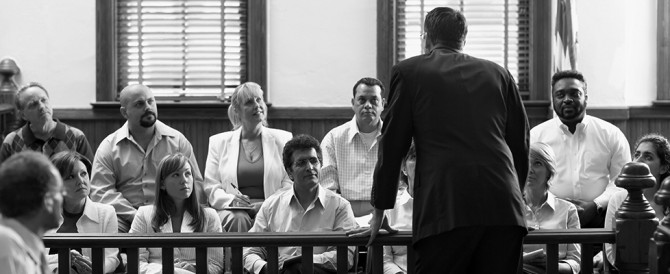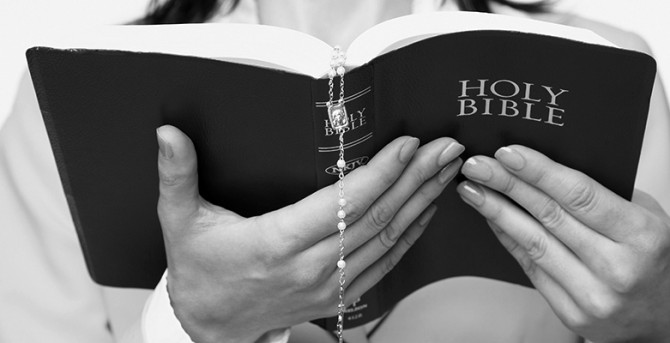Freedom of Religion
In the First Amendment to the American Constitution, freedom of religion is guaranteed as a fundamental right for citizens and permanent residents of the United States. Having freedom of religion means not only having complete freedom to hold any spiritual belief or opinion, but also being able to openly practice religious duties, such as fasting or praying. Of course, being able to practice religious duties applies only to those duties that are lawful. Laws in the United States do not aim to prohibit or interfere with religious practices, unless the practice in question is capable of bringing harm to the individual, others, or society at large. As a concept, freedom of religion is closely related to the idea of having a separate church and state, which was supported by several of America’s founding fathers, including Thomas Jefferson.
Legal Issues
The First Amendment is the piece of the constitution that explicitly addresses freedom of religion by stating that the United States Congress will make no laws to prohibit the establishment of religion or assembly for the purpose of peaceful worship. In addition, in what is known as the “Establishment Clause,” the Congress is forbidden from getting overly involved with religious groups or establishments and/or establishing its own church at the national level. The “Free Exercise Clause” applies to religious practices rooted in beliefs. The Supreme Court is responsible for interpreting the law when a religious belief is in conflict with the law.

Affected Groups
Freedom of religion is a constitutional right that evokes strong opinions in the United States. In the past several decades, there have been more than a few notable cases where the religious practices of a particular group have come into contact with the law. One such example is polygamy, which is currently illegal across the fifty states. In the mid-19th century, Mormons practiced polygamy in some areas of Utah. The practice was abolished when it garnered attention from the federal government and was ruled illegal. However, small groups of Utah-based Mormons still practice polygamy in contemporary society. Young women are paired with older men, who may have one or more wives already, in an arranged marriage. However, since they do not seek a marriage license for all liaisons, they are more likely to be penalized for adultery or cohabitation that is unlawful. Today, reality shows such as Polygamy, USA and Sister Wives have brought attention to this issue.
Challenges
The challenge of religious freedom lies in the interpretation of the law. Many of the cases that are presented to the Supreme Court present so-called gray areas of the law, where it is difficult to ascertain how much harm is caused by allowing a particular religious freedom. For instance, Muslim women, some Orthodox Jews, and Sikhs are all required to cover their heads when in public. Allowing these individuals to remain covered when the law requires others to remove their hats or headwear does not cause harm to those other individuals and is therefore, permitted. However, in the case of polygamy, it is more difficult to determine who is being harmed and how.
